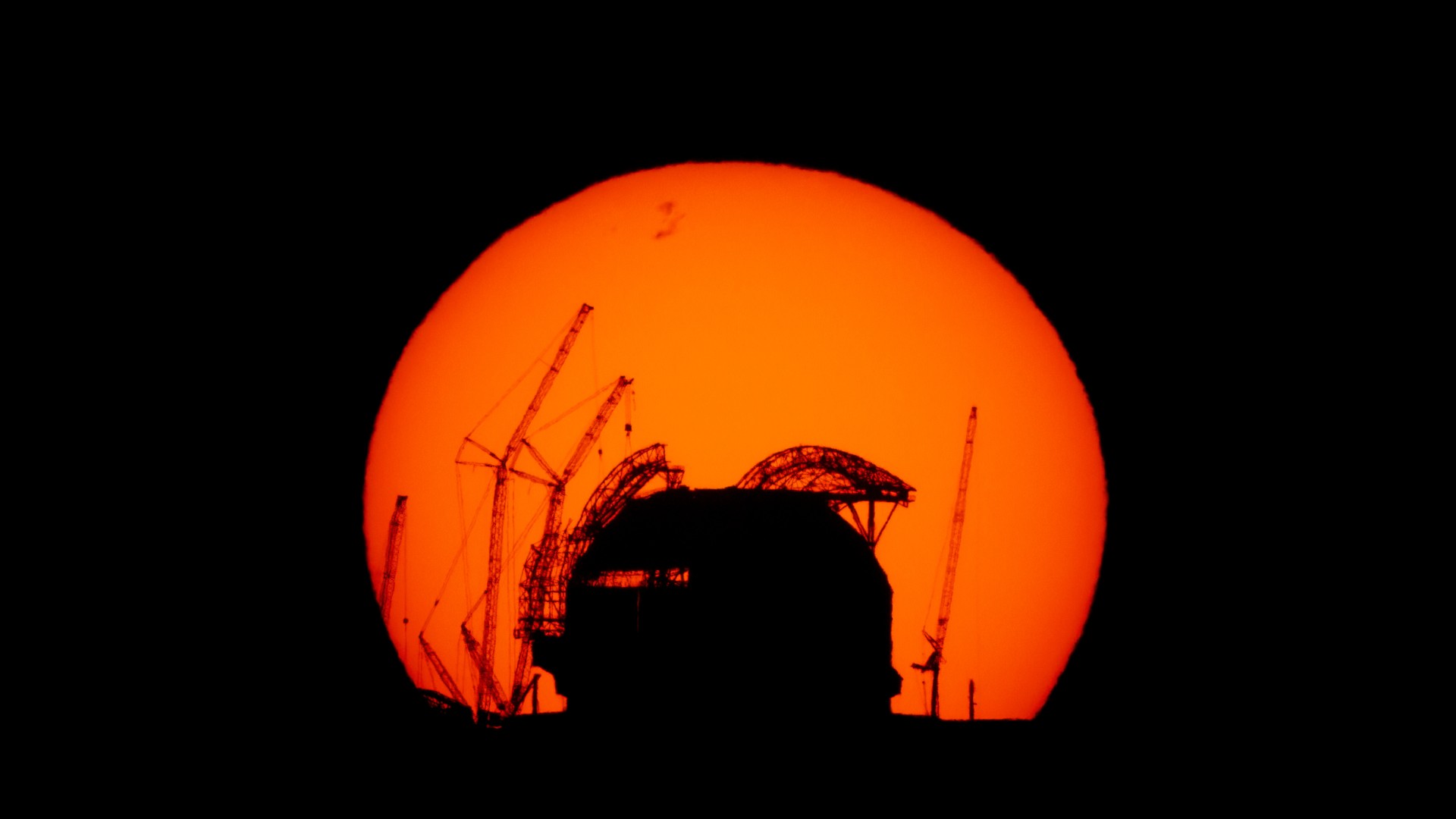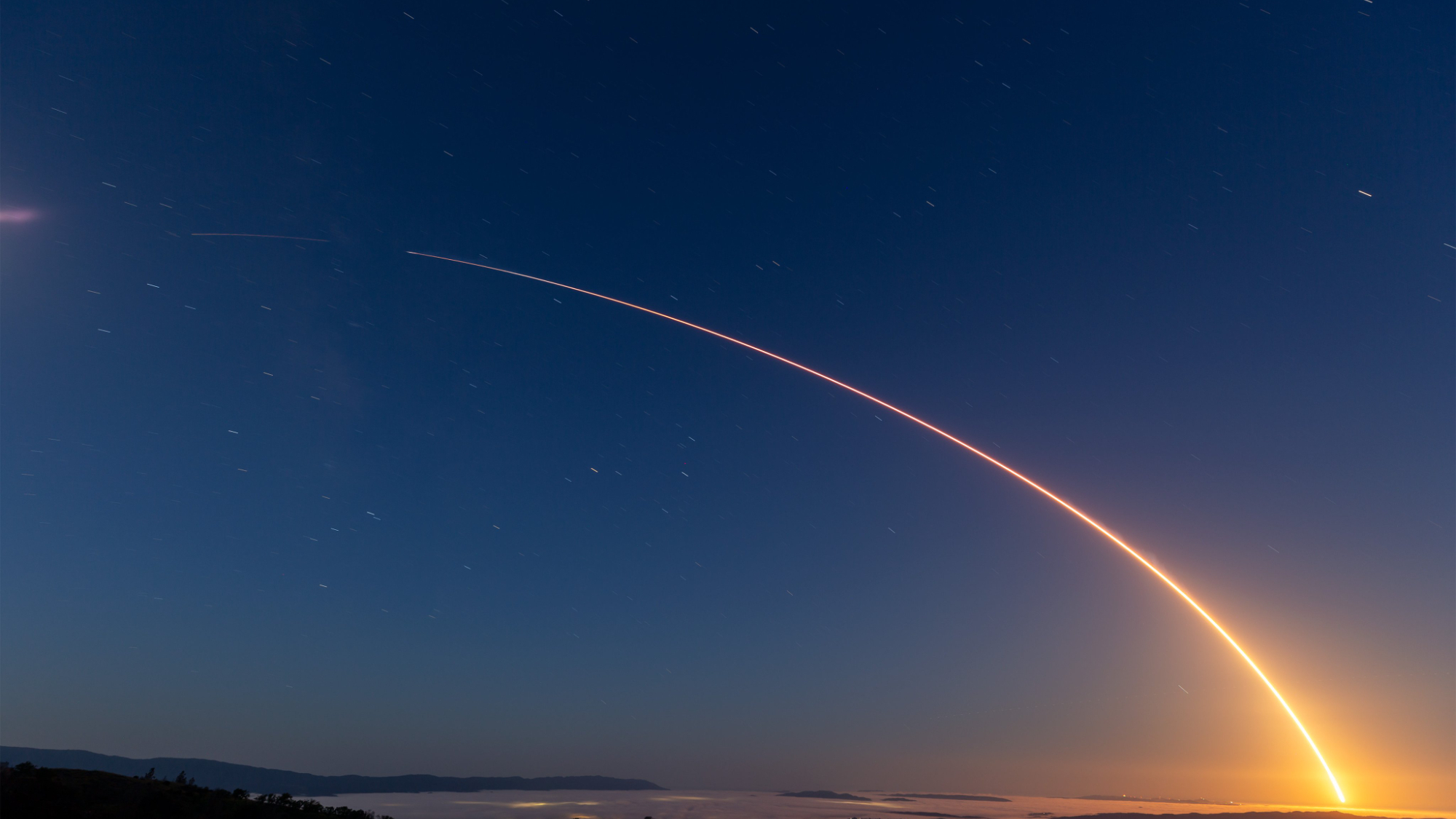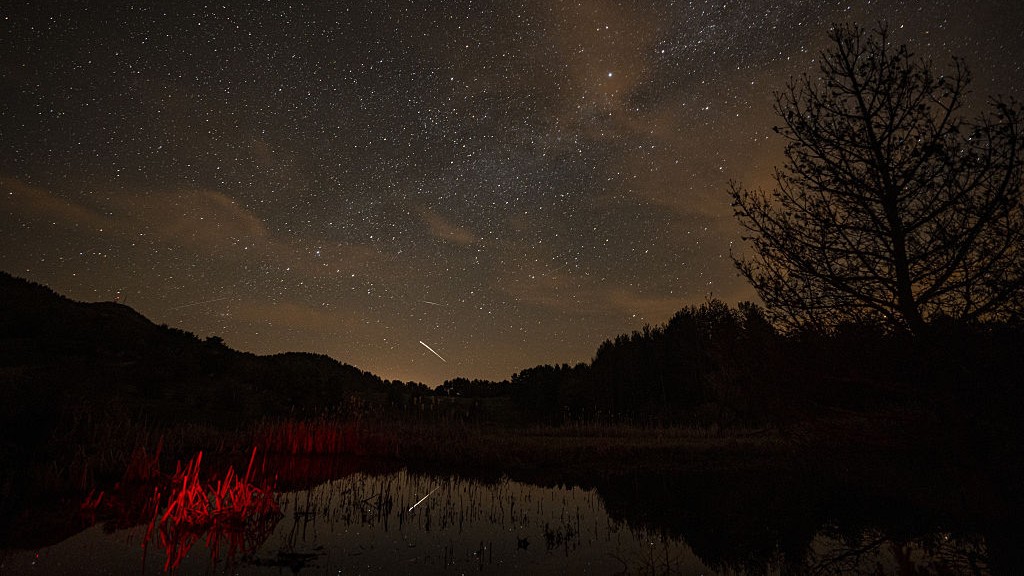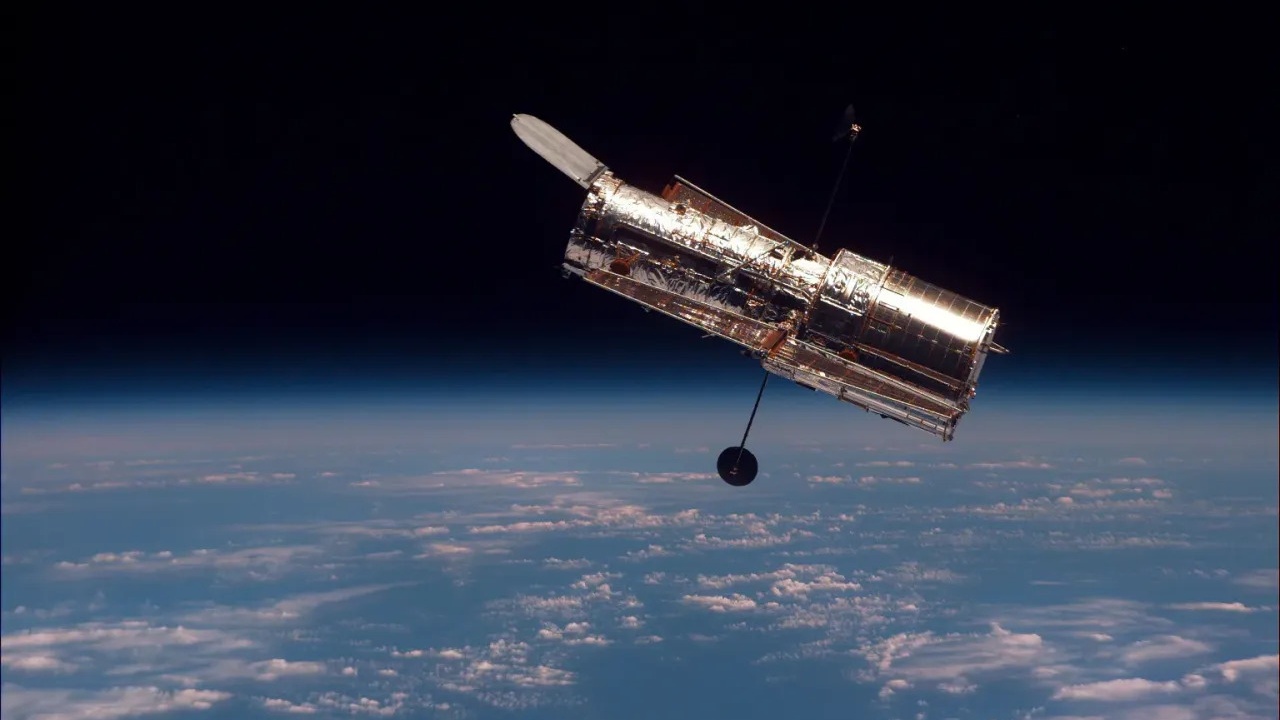Sun's Plasma Loops Shine as Art in NASA Video Technique
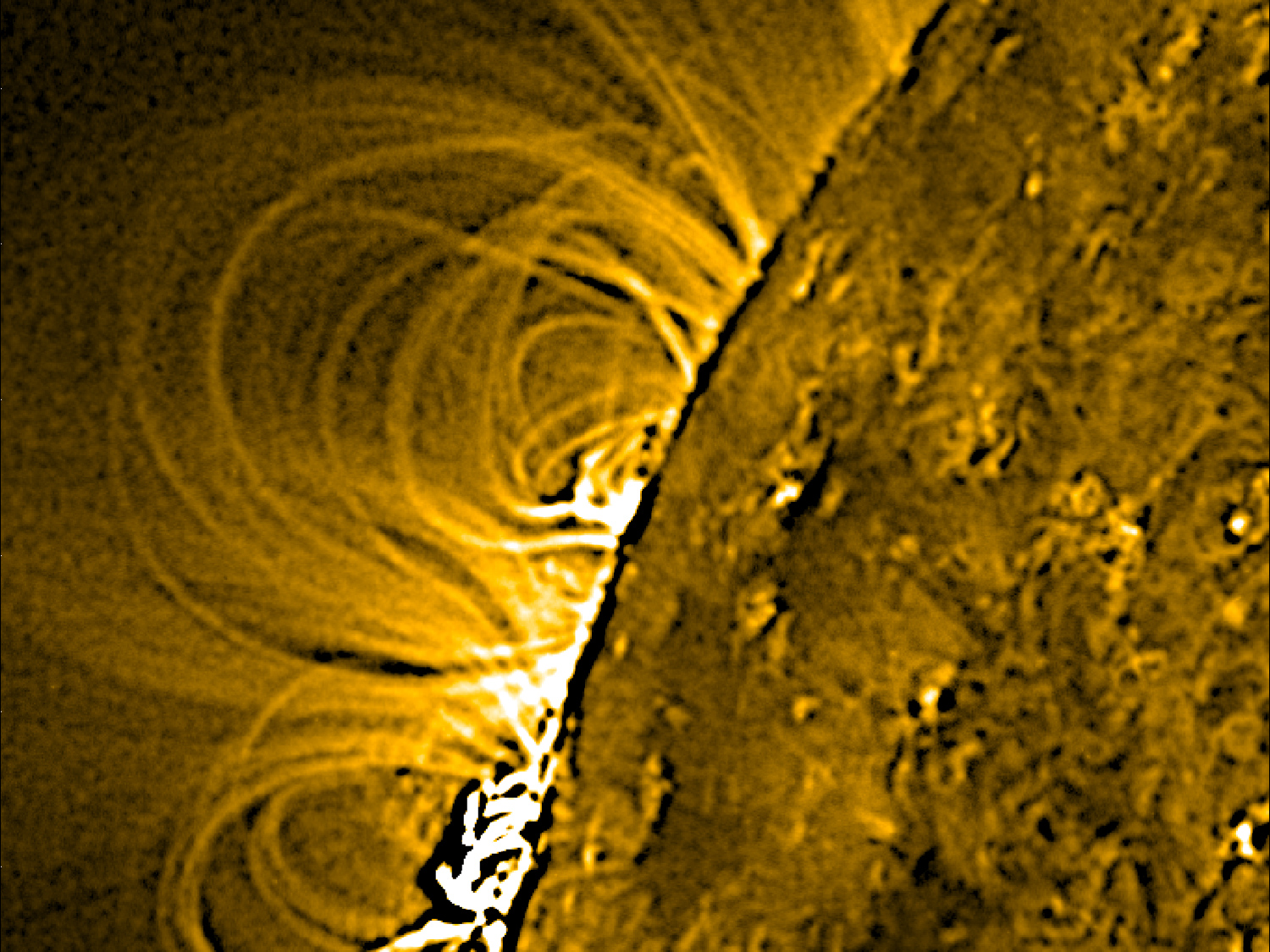
Gradient filters to boost contrast in photos aren't just for photographers anymore. Astronomers are using them to take a better look at our sun, too.
NASA scientists say they can apply the photo-editing technique to enhance places of contrast around the sun, making its explosive plasma loops not only more stunning, but also easier to study.
A new video of the sun from the Solar Dynamics Observatory shows coronal loops bursting from the sun. These huge arcs of solar material, which are constrained by magnetic fields, can swirl slowly on the edge of the sun for hours, sometimes even days.
Scientists at the observatory carefully adjusted gradient algorithms to make these coronal loops appear much more defined in the new video, NASA officials said in a statement Thursday (Oct. 18). The loops — highlighted in orange and red — pop out next to the more fuzzy areas in the sun's atmosphere.
Sharp observations of plasma loops can help astronomers understand the sun's complicated magnetic fields, according to NASA. And coronal loops are of particular interest to scientists because they may be the root of explosive solar flares that can wreak havoc on satellites in space and power grids on Earth.
The sun is currently going through an active phase of its 11-year solar weather cycle and is expected to reach its peak activity in 2013. The current sun weather cycle is known as Solar Cycle 24.
The Solar Dynamics Observatory has been recording high-definition images and video of the sun since its launch in 2010.
Get the Space.com Newsletter
Breaking space news, the latest updates on rocket launches, skywatching events and more!
Follow SPACE.com on Twitter @Spacedotcom. We're also on Facebook and Google+.
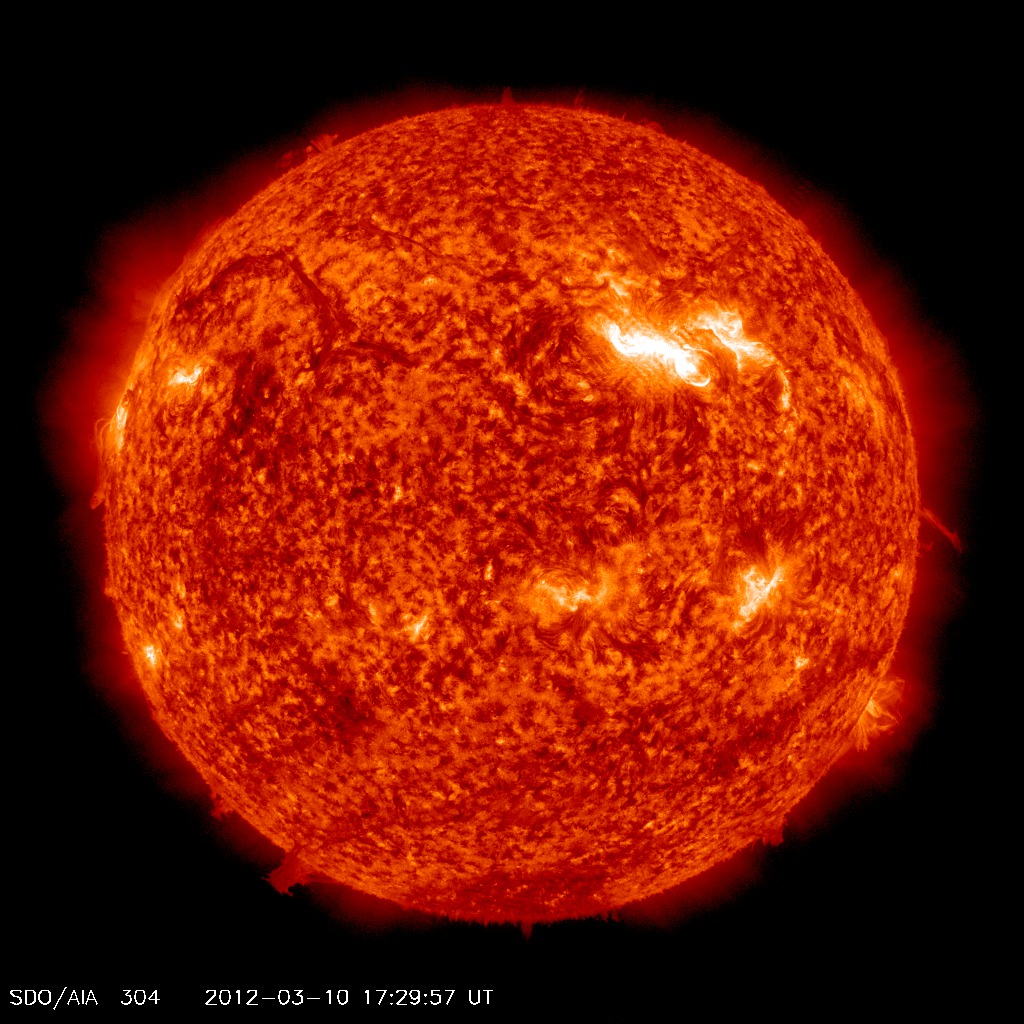
Join our Space Forums to keep talking space on the latest missions, night sky and more! And if you have a news tip, correction or comment, let us know at: community@space.com.

Space.com is the premier source of space exploration, innovation and astronomy news, chronicling (and celebrating) humanity's ongoing expansion across the final frontier. Originally founded in 1999, Space.com is, and always has been, the passion of writers and editors who are space fans and also trained journalists. Our current news team consists of Editor-in-Chief Tariq Malik; Editor Hanneke Weitering, Senior Space Writer Mike Wall; Senior Writer Meghan Bartels; Senior Writer Chelsea Gohd, Senior Writer Tereza Pultarova and Staff Writer Alexander Cox, focusing on e-commerce. Senior Producer Steve Spaleta oversees our space videos, with Diana Whitcroft as our Social Media Editor.





